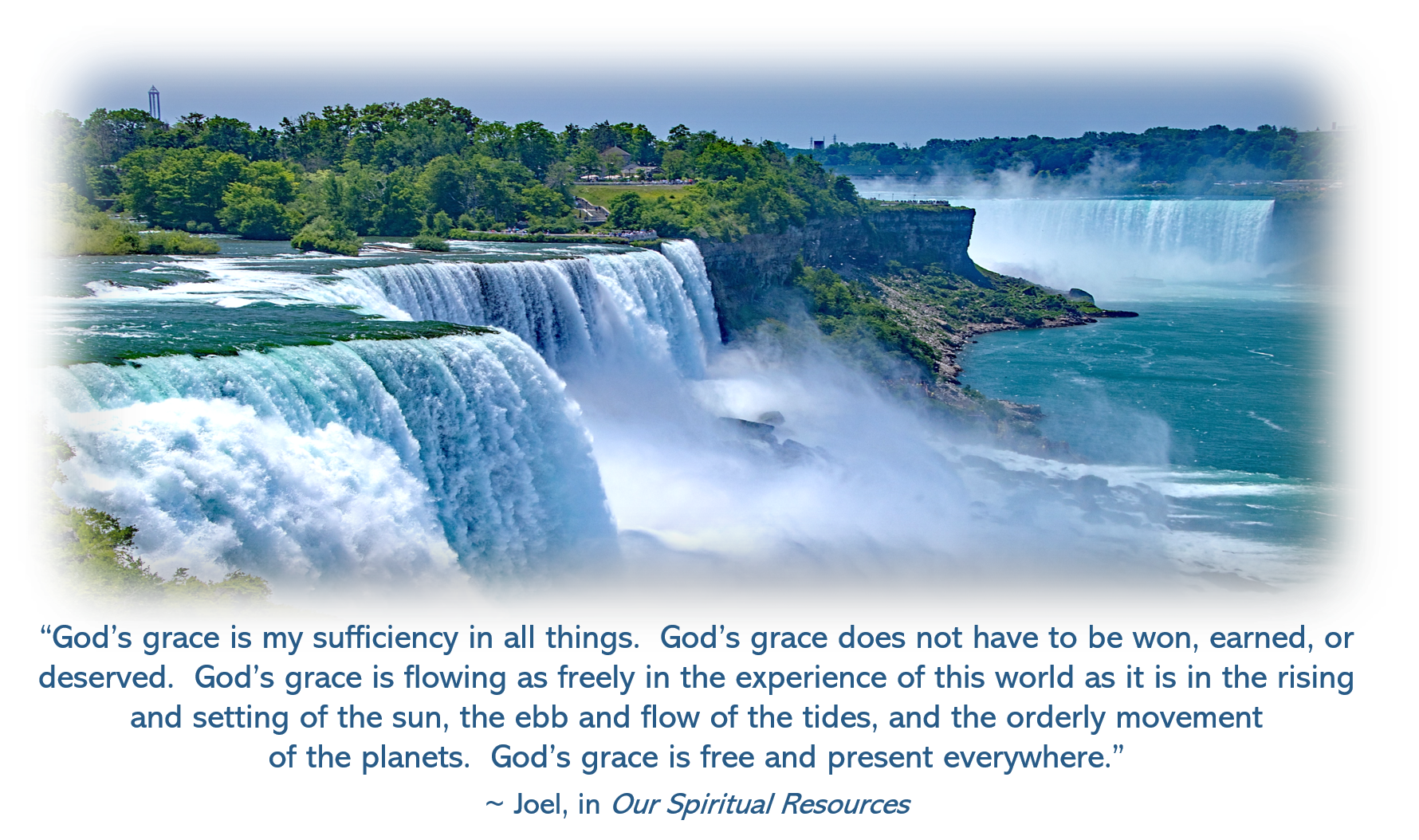
This chapter has two consecutive classes as source recordings: 16A and 16B. In our tape group session, we heard Recording 16A, from the 1952 Honolulu Closed Class, titled “Transcendental.” We offered recording 16B, “Transcendental, continued,” as a study option. Recording 16A was posted through October 17, 2020, and is no longer available on this website. If you subscribe to the Joel S. Goldsmith Streaming Service, you can listen to the recording there. The optional study material for this chapter will continue to be available here on the Goldsmith Global site. To purchase this recording or the transcript from The Infinite Way Office, click/tap here. (Remember that all Goldsmith classes are available for purchase on iTunes as well. If you use iTunes, this may be a more convenient ordering option for you.)
To print or download these, click/tap here.
The Second Source Recording for Chapter 3
Two classes were used as source material for Chapter 3, “The Practicality of Spiritual Living”: Recordings 16A and 16B. We heard Recording 16A in our sessions on August 1 and August 8. For optional study, we posted the second recording that was used in preparing this chapter. It is Recording 16B, a continuation of the 1952 Honolulu Closed Class, with the title, “Transcendental, continued.” This recording was posted through October 17, 2020, and is no longer available on this website. If you subscribe to the Joel S. Goldsmith Streaming Service, you can listen to the recording there. To purchase this recording or the transcript from The Infinite Way Office, click/tap here.
Practices from Chapter 3
Every Monthly Letter includes practices to use during the month, and this is true for Chapter 3, which was the Monthly Letter for March,1960. It can be helpful to go through the chapter, find the practices, and use the ones that resonate with you.
Here are a few practices gleaned from Chapter 3. If you choose to look, you will find others as well.
Joel’s Recommended Reading
In the section Across the Desk in this chapter, Joel recommends additional reading:
“Only by turning thought from the appearance to the realization of God as omnipresence and omnipotence and attaining the actual experience or awareness of the Infinite Invisible, do we find the harmonies of life appearing consistently and abundantly. The visible evidence may well be the health of mind and body, the abundance of supply, and satisfying friendships or marriage. These come as the fruitage of the attained consciousness of God. In Living the Infinite Way, there is a chapter, ‘God Is Omnipresent,’ which deals more fully with this subject.”
Goldsmith Global – Joel Goldsmith Infinite Way
Copyright © 2025 | ACS Quantum Design
